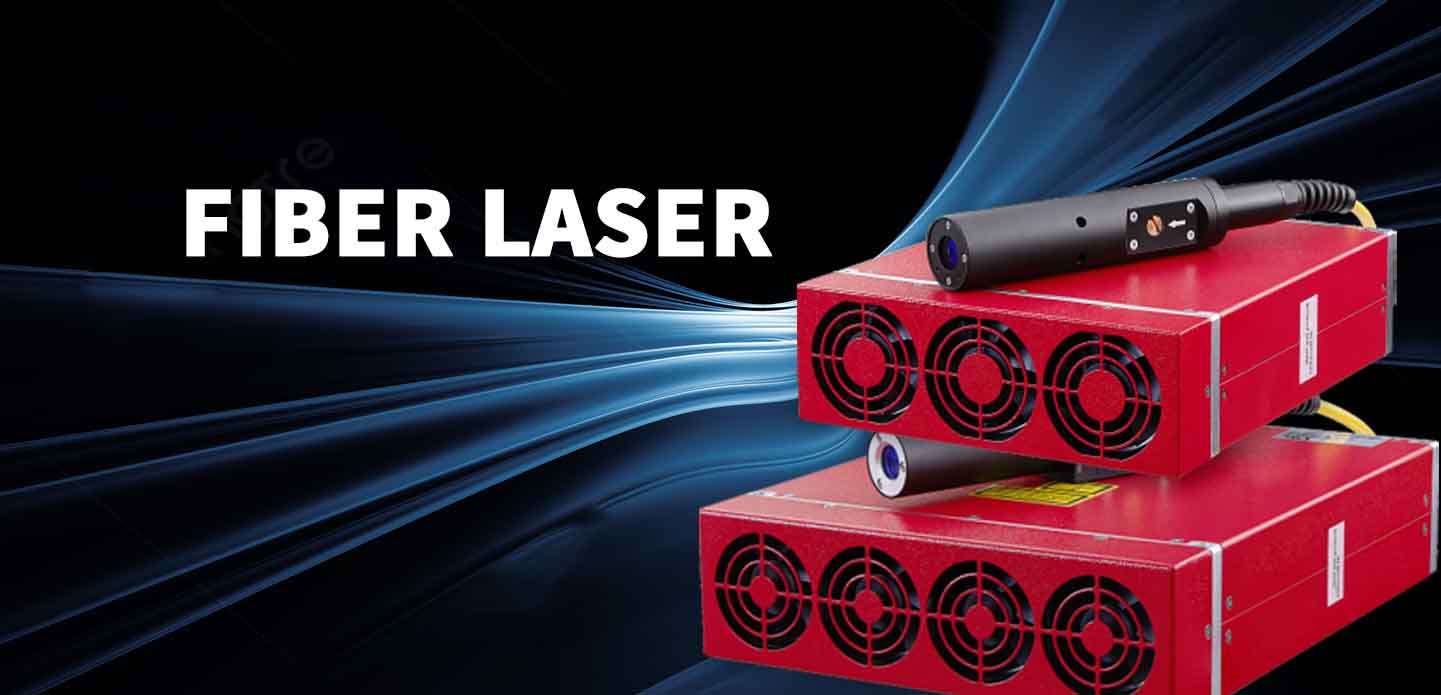
Fiber laser modules have revolutionized the landscape of industrial manufacturing, offering remarkable precision and efficiency in various applications. With the continuous evolution of technology, these lasers have become indispensable tools in industries ranging from automotive to aerospace, electronics, and beyond. This article delves into the significance of fiber laser modules, exploring their functionality, advantages, and diverse applications across various sectors.
At their core, fiber laser modules generate laser beams through the process of optically pumping a solid-core fiber. These modules consist of an optical fiber doped with rare-earth elements like ytterbium, neodymium, or erbium, which provide the active gain medium essential for producing high-quality laser light. The primary advantage of fiber lasers is their ability to deliver high beam quality, resulting in a focused wavelength that can achieve extraordinary precision in cutting, engraving, and welding.
One of the most notable features of fiber laser modules is their efficiency. Compared to traditional solid-state lasers or gas lasers, fiber lasers boast higher energy conversion rates, often exceeding 30%. This translates to lower operational costs, reduced energy consumption, and an overall environmentally friendly manufacturing process. As businesses strive to reduce their carbon footprints and improve energy efficiency, fiber laser modules present an appealing solution.
Another crucial advantage of fiber laser modules is their versatility. They can be employed in various applications, including material processing, marking, engraving, and additive manufacturing. In material processing, fiber lasers excel in cutting through metals such as stainless steel, aluminum, and brass with unrivaled accuracy and speed. Their ability to handle various thicknesses and types of materials makes them a preferred choice for manufacturers aiming to increase productivity while maintaining high-quality results.
In addition to cutting, fiber laser modules play a vital role in marking and engraving. Their high precision enables intricate designs and detailed markings on a wide range of surfaces, including metals, plastics, and glass. This capability is particularly beneficial in industries where traceability and branding are paramount, such as the medical device sector and electronics manufacturing.
Moreover, the integration of fiber laser modules into additive manufacturing has paved the way for innovative production techniques. Through processes like laser sintering or melting, these lasers can create complex, three-dimensional parts with high accuracy. The ability to produce lightweight yet robust structures is especially valuable in aerospace and automotive industries, where performance, safety, and fuel efficiency are critical.
Maintenance is another area where fiber laser modules outperform their counterparts. The solid-state design of fiber lasers reduces the need for complex cooling systems and mirrors, common in traditional laser systems. This leads to fewer maintenance requirements and less downtime, ultimately improving productivity and reliability in manufacturing processes.
Safety is of utmost importance in any industrial setting. Fiber laser modules are considered safer than other types of lasers because they operate on a closed fiber design. This design minimizes the risks associated with handling high-power laser beams. Additionally, advancements in laser technology have led to the development of safety features, including real-time monitoring systems that can detect potential issues before they escalate, ensuring enhanced employee safety and compliance with regulatory standards.
As industries continue to innovate, the market for fiber laser modules is poised for substantial growth. Companies are increasingly investing in these advanced technologies to enhance their manufacturing processes, improve product quality, and reduce costs. This trend is likely to lead to further refinements in fiber laser technology, including enhancements in speed, precision, and materials compatibility.
In conclusion, fiber laser modules have become a cornerstone of modern manufacturing, providing unparalleled precision, efficiency, and versatility. Their ability to handle various applications, coupled with their energy efficiency and low maintenance requirements, positions them as a preferred choice for industries worldwide. As businesses navigate the challenges of an ever-evolving market landscape, embracing the advantages of fiber laser technology is not just an option; it is imperative for staying competitive in the future. The continued advancements in fiber laser modules will undoubtedly shape the future of manufacturing, paving the way for more innovative and efficient processes that benefit both producers and consumers alike.
由用户投稿整理稿件发布,不代表本站观点及立场,仅供交流学习之用,如涉及版权等问题,请随时联系我们(yangmei@bjjcz.com),我们将在第一时间给予处理。






